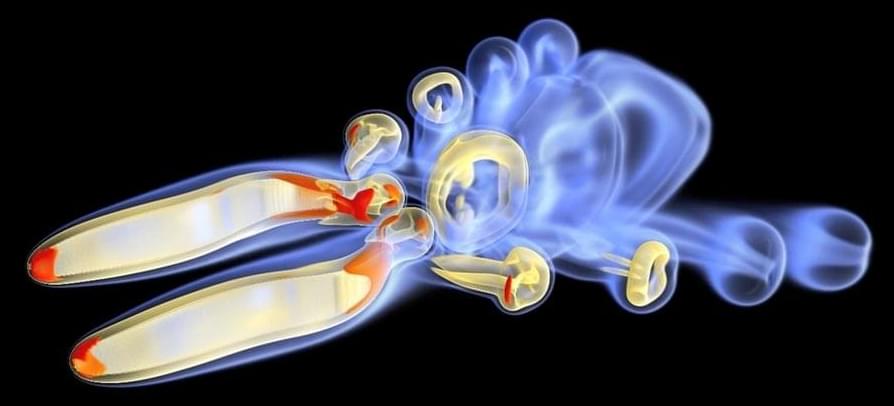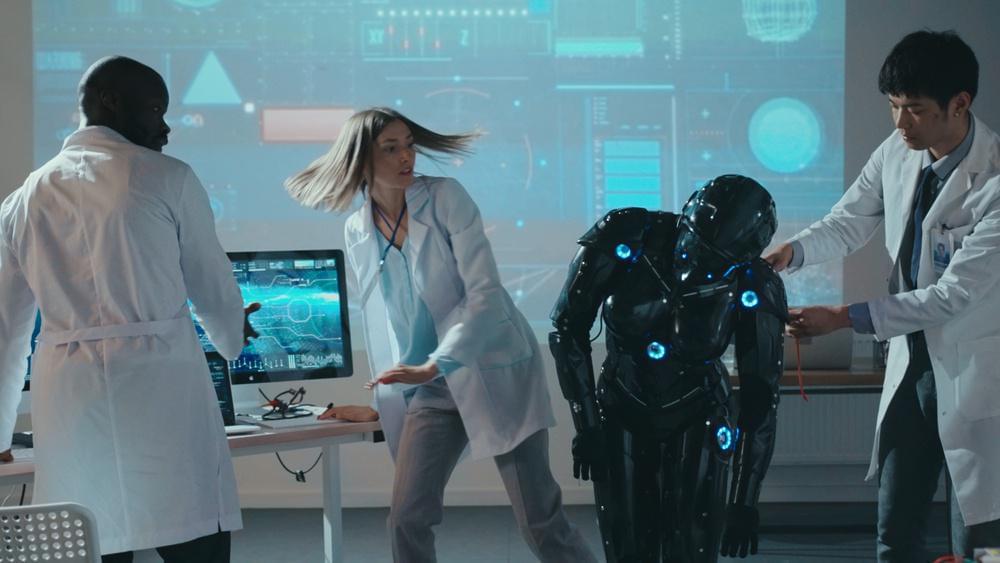👉For business inquiries: [email protected].
✅ Instagram: https://www.instagram.com/pro_robots.
https://www.youtube.com/watch?v=xppMgm2buuM
You are on the PRO Robots channel and in this video we present to your attention the news of high technology. Robots and technology for the military, Elon Musk’s tower, a new humanoid robot, new drones of unusual designs and robots for various tasks. See all the most interesting technology news in one issue! Watch the video to the end and write in the comments, which news surprised you more than others?
0:00 In this video.
0:20 Robot for garbage sorting.
0:52 Jet Suit from Gravity Industries.
1:45 SpaceX’s Mechazilla Tower.
2:15 HB1 Robot from HausBots.
2:50 Roboto from Nuro.
3:19 Alfred Robot arm.
4:15 HiPeRLab quadcopter.
4:51 ADAM Robot Barista.
5:20 Tocabi humanoid.
5:59 Warehouse robot Spider-Go.
6:43 Combination of drone and underwater robot.
7:17 Robot rover Brawler.
7:48 Stretch by Boston Dynamics.
8:31 Katy Perry shot a music video with Spot.
8:48 Robo C-2
9:20 Marker military robot.
#prorobots #robots #robot #futuretechnologies #robotics.
More interesting and useful content:




